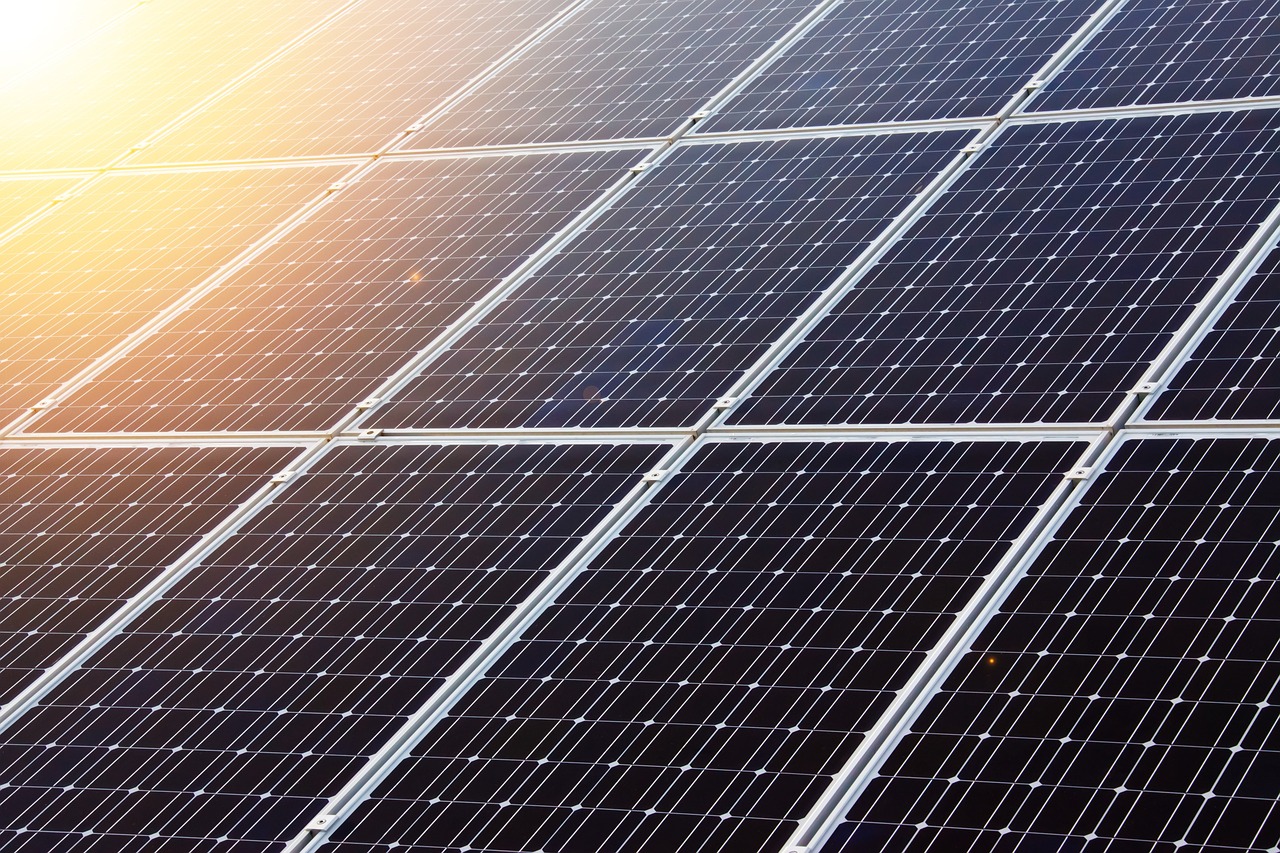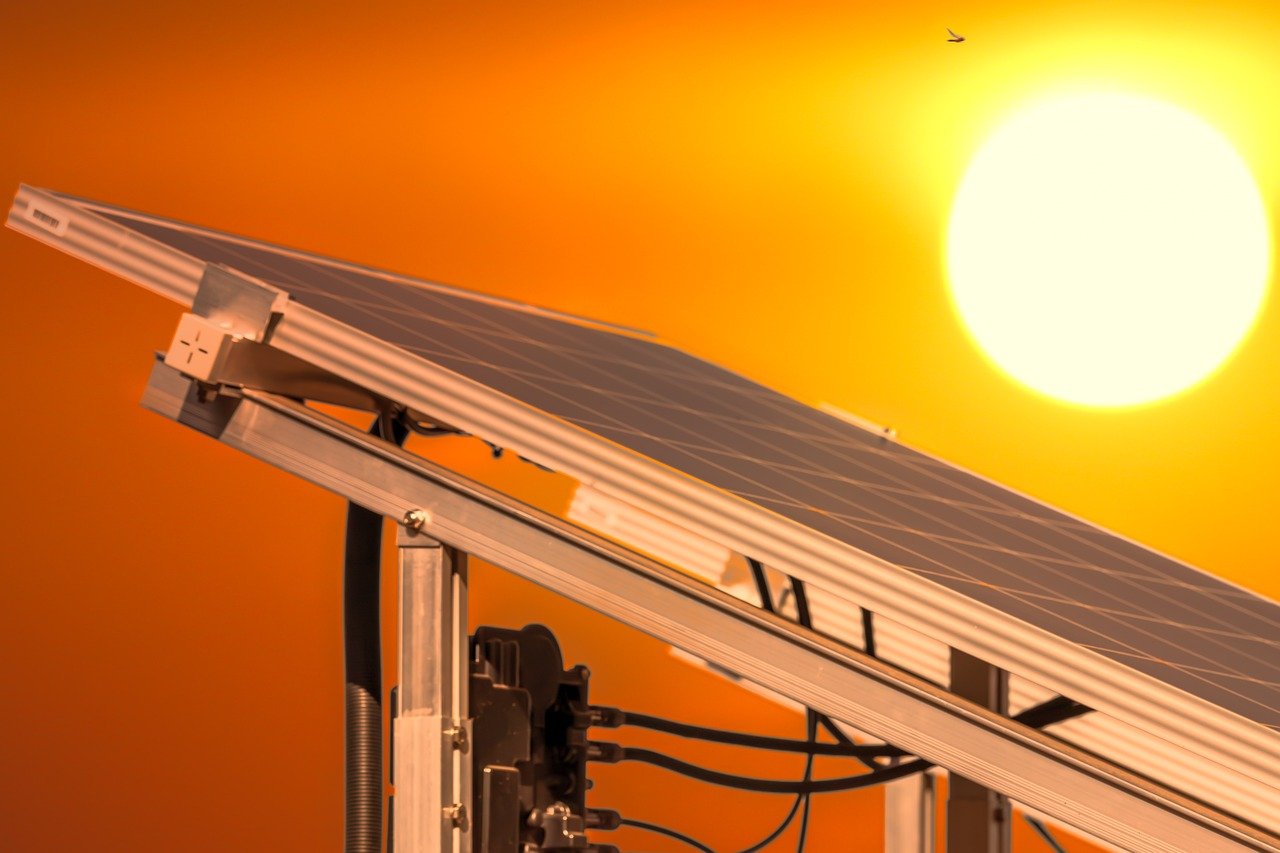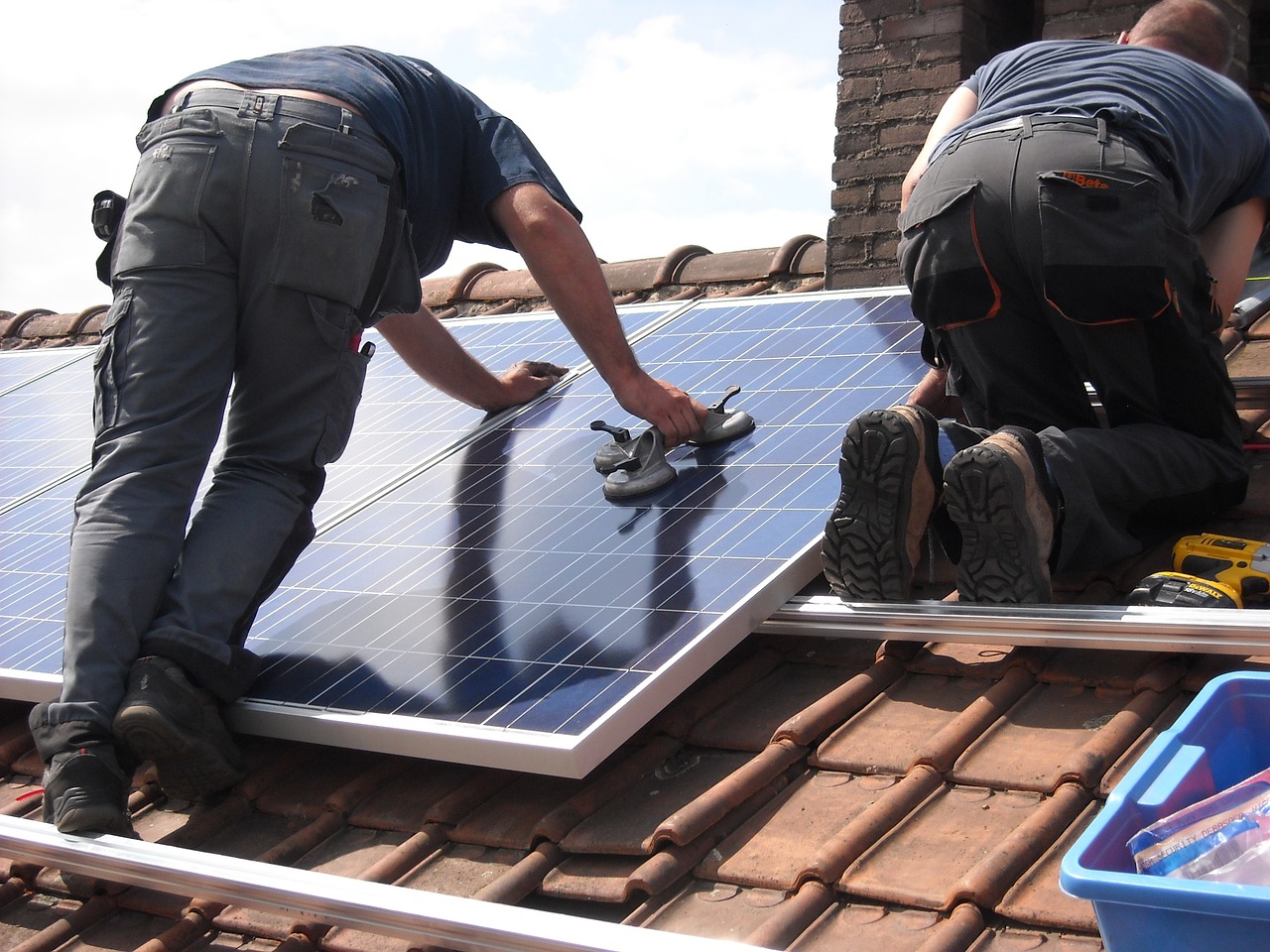Key Takeaway: While natural gas may provide a clean-burning and reliable source of energy, installing solar panels can still be a worthwhile investment. Solar panels offer financial savings, reduce reliance on fossil fuels, and contribute to a cleaner environment.
If you’re a homeowner who currently relies on natural gas for your energy needs, you might be wondering if it’s still worth considering solar panels. After all, natural gas is often touted as a clean-burning fossil fuel and can provide a reliable source of energy. However, solar panels have become increasingly popular due to their ability to convert sunlight into electricity, offering numerous benefits for both homeowners and the environment.
The Basics of Solar Panels
Before we dive into the question at hand, let’s quickly review how solar panels work. Solar panels consist of photovoltaic (PV) cells that convert sunlight into electricity. These cells are typically made of silicon and generate an electric current when exposed to sunlight. The electricity produced by the solar panels can then be used to power your home’s appliances, lighting, and other electrical devices.
Solar panels are an attractive option for homeowners due to their ability to generate electricity from a renewable and abundant energy source: sunlight. By harnessing the power of the sun, solar panels offer a sustainable and environmentally friendly alternative to traditional energy sources like natural gas.
The Benefits of Solar Panels
- Reduced Electricity Bills: One of the primary advantages of installing solar panels is the potential for significant savings on your electricity bills. By generating your own electricity, you can reduce or even eliminate your reliance on grid-supplied electricity. This means that you’ll consume less energy from your utility company, resulting in lower monthly bills.
- Decreased Reliance on Fossil Fuels: Solar panels offer a way to reduce your dependence on fossil fuels, including natural gas. By generating clean energy from sunlight, solar panels contribute to a more sustainable energy mix and help reduce greenhouse gas emissions. This is especially important as we strive to address climate change and transition to a cleaner and greener future.
- Contribution to a Cleaner Environment: Solar panels are an excellent choice for environmentally conscious homeowners. By producing electricity without the use of fossil fuels, solar panels help reduce air pollution and mitigate the environmental impacts associated with traditional energy generation methods. Installing solar panels is a tangible way to make a positive impact on the environment and create a cleaner future for generations to come.
The Role of Natural Gas in the Energy Mix
Natural gas has gained popularity as a relatively cleaner-burning fossil fuel compared to coal and oil. It has lower carbon dioxide emissions and releases fewer pollutants when burned. Additionally, natural gas is abundant and widely available, making it an attractive option for heating, cooking, and electricity generation.
However, natural gas is still a fossil fuel, and its combustion does produce greenhouse gas emissions that contribute to climate change. To achieve our climate goals and transition to a more sustainable energy system, it’s essential to explore and adopt renewable energy sources like solar power.
Analyzing the Financial Savings of Solar Panels
While the environmental benefits of solar panels are clear, many homeowners also consider the financial aspect before making the decision to invest in solar energy. The cost of solar panel installation has significantly decreased in recent years, making it more accessible for homeowners.
When evaluating the financial savings of solar panels, several factors come into play:
- Cost of Installation: The upfront cost of installing solar panels can vary depending on factors such as the size of your system, the complexity of the installation, and the region where you live. It’s important to obtain quotes from reputable solar installers and consider the available financing options to determine the overall cost.
- Incentives and Rebates: Many governments and utility companies offer incentives, tax credits, and rebates to homeowners who install solar panels. These financial incentives can significantly reduce the initial investment and shorten the payback period.
- Electricity Bill Savings: As mentioned earlier, installing solar panels can lead to reduced electricity bills. By generating your own electricity, you’ll consume less energy from the grid, resulting in lower monthly costs. Over time, these savings can offset the initial investment in solar panels and lead to long-term financial benefits.
- Payback Period: The payback period is the length of time it takes for the financial benefits of solar panel installation to equal the initial investment. This period can vary depending on factors such as the cost of installation, available incentives, electricity rates, and your energy consumption. On average, homeowners can expect a payback period of around 5 to 10 years, after which they’ll start enjoying the full financial benefits of their solar panels.
Limitations and Challenges of Solar Panels in a Natural Gas-Powered Home
While solar panels offer numerous benefits, it’s important to consider the limitations and challenges they might pose in a home that uses natural gas:
- Suitable Roof Space: Solar panels require ample roof space that receives unobstructed sunlight for a significant portion of the day. If your roof is heavily shaded or doesn’t have enough space to accommodate an adequate number of solar panels, the system’s energy generation potential may be limited.
- Variability of Sunlight: Solar panels generate electricity when exposed to sunlight. This means that their energy production is subject to variations in weather conditions, such as cloudy days or shorter daylight hours during winter. While advancements in solar panel technology have improved their efficiency, it’s important to consider the potential fluctuations in energy generation.
- Need for Backup Power: Since solar panels generate electricity only when sunlight is available, you may need a backup power source during periods of low solar generation, such as at night or during prolonged cloudy periods. This backup power can come from the grid or other sources, including natural gas-powered generators.
- Integration with Natural Gas: While solar panels and natural gas are often seen as separate energy systems, there are innovative technologies that can integrate the two. For example, solar water heaters use sunlight to heat water, reducing the reliance on natural gas for hot water production. Additionally, solar-powered natural gas systems can generate electricity from solar panels and use it to electrolyze water, producing hydrogen gas that can be stored and used as a renewable fuel.
FAQ
Q: Can solar panels completely replace natural gas usage in my home?
A: While solar panels can significantly reduce your reliance on grid-supplied electricity, completely replacing natural gas usage in your home may not be feasible. Natural gas is often used for heating, cooking, and other applications that require a direct fuel source. However, solar panels can still make a substantial impact by reducing your overall energy consumption and decreasing your carbon footprint.
Q: What happens to excess energy generated by solar panels?
A: When your solar panels generate more electricity than your home consumes, the excess energy can be fed back into the grid. This process is known as net metering or feed-in-tariffs, depending on your location. You’ll receive credits or payments for the surplus energy, further reducing your electricity bills.
Q: Are there any maintenance requirements for solar panels?
A: Solar panels generally require minimal maintenance. Regular cleaning to remove dust and debris and occasional inspections to ensure optimal performance are recommended. Most solar panels come with warranties ranging from 20 to 25 years, providing peace of mind for homeowners.
In conclusion, while natural gas provides a clean-burning and reliable source of energy, installing solar panels can still be a worthwhile investment. Solar panels offer financial savings, reduce reliance on fossil fuels, and contribute to a cleaner environment. By understanding the basics of solar panels, evaluating the financial aspects, and considering the limitations and challenges, homeowners can make an informed decision about whether to install solar panels in a natural gas-powered home.
As we strive for a more sustainable future, the integration of solar panels and natural gas may offer innovative solutions. Whether it’s through solar water heaters or solar-powered natural gas systems, combining these energy sources can enhance efficiency and reduce environmental impact. So, if you’re considering solar panels for your home, don’t let your natural gas usage hold you back. Embrace the benefits of solar power and take a step towards a greener and more sustainable future.



